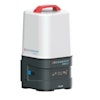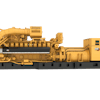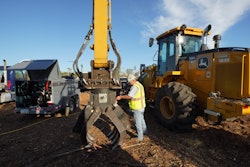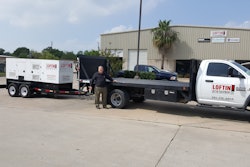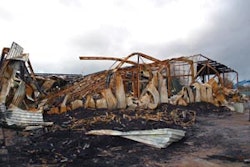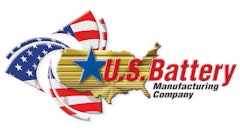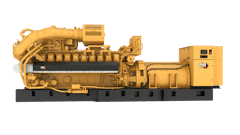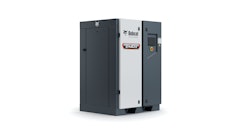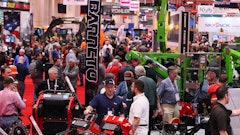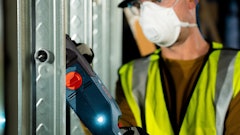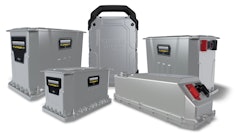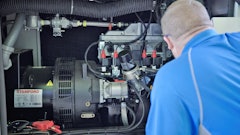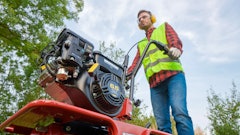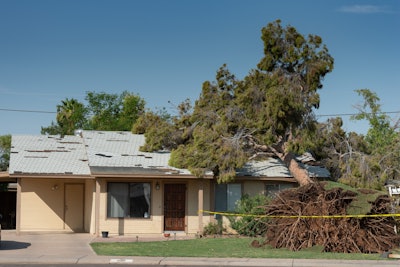
As unpredictable as storms can be, the trusted local rental shop will likely be one of the first places people will call to help them handle fallen trees, power-up their home, dewater any flooded areas, etc.
Intended for homeowners, the Outdoor Power Equipment Institute (OPEI) brought attention to a few tips inclement weather situations. The advice is also a great opportunity for equipment rental businesses take heed and shore up their fleet to make sure assets are ready to go before the panicked homeowners start calling.
“It’s not enough to just prepare for each season. We’re seeing powerful storms in places that normally don’t get them — and too often leaving behind crippling damage,” says Kris Kiser, President and CEO OPEI. “Being equipped with the right outdoor power equipment is critical for when hurricane-force weather events bring water and wind, ice and snow put you at a standstill, and power goes out.”
Directly mainly for homeowners, OPEI encourages homeowners to educate themselves by visiting WeatherItBetter.com. The site includes tips on outdoor power equipment, severe weather and emergency cleanup, and safety measures.
Tips Equipment Rentals Can Use:
- Have the right equipment on hand — before your customers need it. Do you have the necessary equipment according to your area’s anticipated weather and seasons?
- Know all equipment is not the same. Understand all equipment, unique safety and usage requirements and be able to present these to customers. Return to the manual to review and refresh the team on the recommended instructions.
- Inspect equipment before use. Check the air filter, oil level, gasoline tank or batteries. Stored equipment should be put away without fuel in the tank. Watch for missing or damaged parts. Tighten chainsaw chains. Replace damaged parts or take equipment to a qualified service representative.
- Remind customers to walk through their yard and work areas before clearing. They should seek and remove objects, sticks, dog toys, and other items that could create a hazard. Children and pets should be kept away from running equipment. Ask about the scope of job at hand; it might be safer for your customer to hire a professional if the job is beyond their abilities.
- Never alter or disable equipment’s safety protection. Stay safe and follow the manufacturer’s safety measures at all times.
- Use fuel and batteries designed for the equipment. Use E10 or less in gasoline-powered equipment unless it’s designed otherwise. Only use batteries or chargers that are manufacturer-specified.
- Store fuel and batteries safely. Use containers designed for fuel and label them with the purchase date and ethanol content. Use up fuel before it’s thirty days old and run equipment dry of fuel before storage.
- Keep battery packs away from other metal objects that can make a connection from one terminal to another. Keep batteries stored away from one another.
- Clean equipment before storing. Remove dirt, oil or grass before using and storing equipment. Store it in a dry place, avoiding damp or wet environments.
- Plan ahead for safe placement of generators. Customers should NEVER place a generator in a home, garage, carport, or near an open window or door. Use outdoor-rated power cords long enough to keep it a safe distance from the house.


